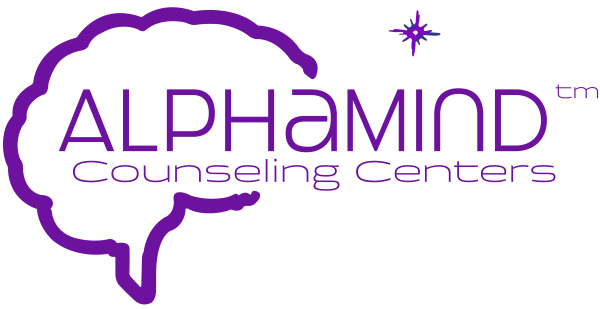EMDR therapy is a trauma therapy that is sometimes considered controversial. The reasons someone might think it is a controversial therapy option are the potential adverse side effects and the lack of long-term research. EMDR is safe and effective, but there are some risks associated with the therapy. EMDR therapy benefits those who have experienced trauma, as it can help to heal the psychological wounds of trauma. EMDR is preferred over regular talk therapy for its ability to directly address the memories and emotions associated with trauma. However, not everyone is a fan of EMDR therapy. In this article, we’ll explore the reasons why EMDR is controversial and whether or not the controversy is warranted.

What is EMDR Therapy?
EMDR therapy was discovered nearly thirty years ago. It was found that eye movements could decrease the negative emotions that came along with certain traumatic experiences and memories. Since its discovery, EMDR therapy has evolved into a more fine-tuned treatment to create an even more effective therapy option.
With EMDR therapy, individuals have the opportunity to recognize feelings associated with the traumatic event and eventually let go of the cyclical pattern of thinking. Once this happens, the individual undergoing treatment is able to develop more positive self-beliefs.
Benefits of EMDR
EMDR is a trauma therapy that has helped many people heal from the psychological wounds of trauma. EMDR is preferred over regular talk therapy for its ability to directly address the memories and emotions associated with trauma without needing to speak about the trauma in-depth. It even works more quickly than other trauma-focused therapies, such as cognitive behavioral therapies. Additionally, it can help with your somatic symptoms that you feel in response to the trauma.
EMDR is safe and effective, but there are some side effects associated with the therapy. EMDR should only be used under the care of a trained professional in order to receive the safest and most effective results. EMDR therapy is also safe for children as a form of treatment.
Drawbacks of EMDR
EMDR has the potential for mild adverse side effects, and there is a lack of long-term research on the therapy explaining why exactly the treatment is effective. When undergoing EMDR therapy treatments, some of the side effects you may experience include: vivid dreams, heightened sensitivity to emotions and physical sensations, lightheadedness, anxiety, and headaches.
However, these side effects will typically go away after a few sessions. In fact, you are likely to feel overall improvement from your everyday symptoms after just a couple sessions.
If you experience any side effects while undergoing EMDR therapy, make sure you inform your therapist. This way, they can help you through any side effects you experience and adjust your treatment plan as necessary.
Controversy
EMDR is a trauma therapy that has helped many people heal from the psychological wounds of trauma. The therapy is safe and effective, but there are some side effects associated with it. EMDR is controversial because of these potential risks and supposed lack of research, but the controversy may be unwarranted. EMDR has helped many people heal from trauma, and it is preferred over regular talk therapy for its ability to directly address the memories and emotions associated with trauma.
Other reasons individuals may consider EMDR therapy controversial is that they do not believe it is actually helping patients heal from their trauma – they believe that EMDR is simply a form of disassociating from the trauma that occured. Others worry, despite the proven benefits, that EMDR will actually have the opposite effect. They believe that there is a chance for EMDR to make the symptoms permanently worse.
Much of the controversy surrounding EMDR therapy stems from lack of knowledge and understanding of what is actually happening during treatment.
Who it helps
EMDR therapy has been proven to help individuals with a variety of different conditions. However, EMDR therapy is most widely known to help individuals who suffer from the effects of trauma and PTSD. Some symptoms of this may look like anxiety, panic, depression, feeling stuck, and nightmares. Dealing with these symptoms may decrease the quality of someone’s day-to-day life and make it feel difficult to complete what used to be considered a basic task for them. Other conditions that EMDR can help with include bipolar disorder, psychosis, anxiety disorders, substance abuse, and eating disorders.
Conclusion
As you can see, while EMDR therapy often draws a lot of controversy to it, it is a safe and effective therapy treatment for individuals with various different conditions. Here at AlphaMind Brain Centers, we work diligently to provide all of our patients with the best treatment option for them; no two individuals will have the same treatment plan. Want to get an idea of what your treatment plan would be and live near the Cary, North Carolina area? Contact us here at AlphaMind Brain Centers! With our free consultation option, we can help you figure out what treatment is best for you and address any questions or concerns you may have. If this sounds like something you are looking for, use the contact form below or give us a call at your earliest convenience.

